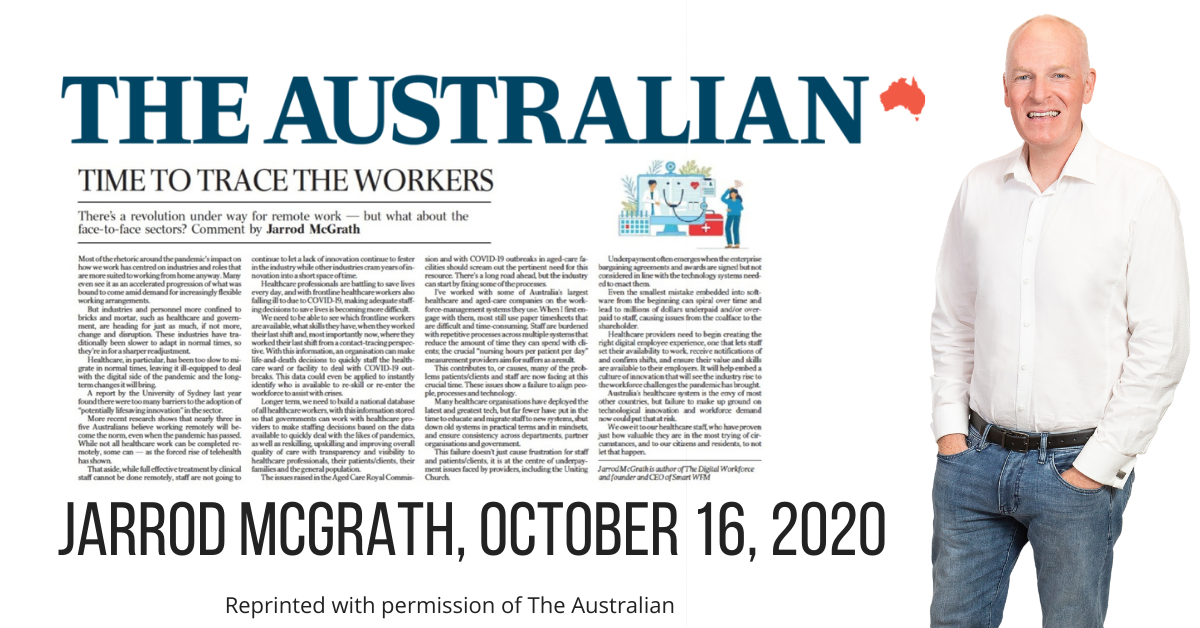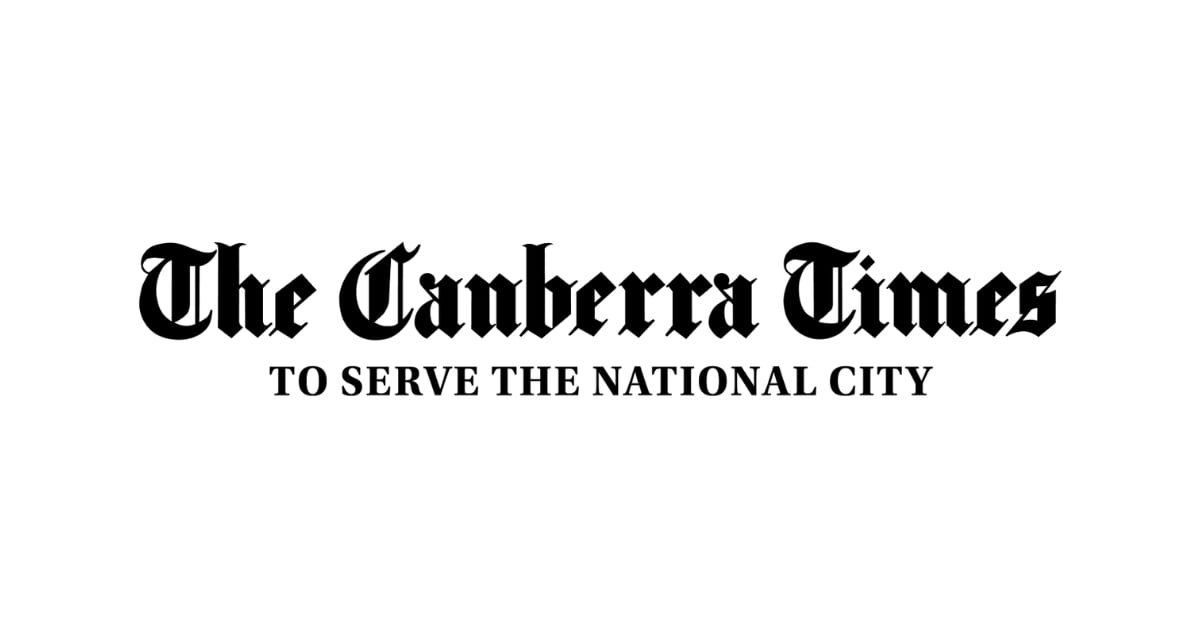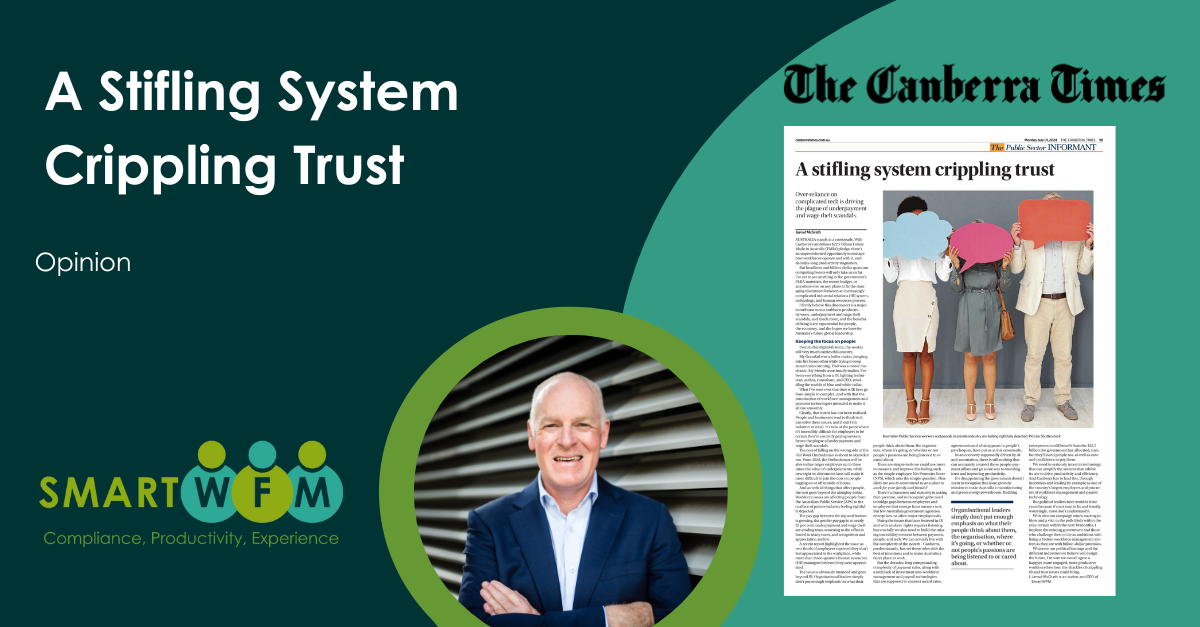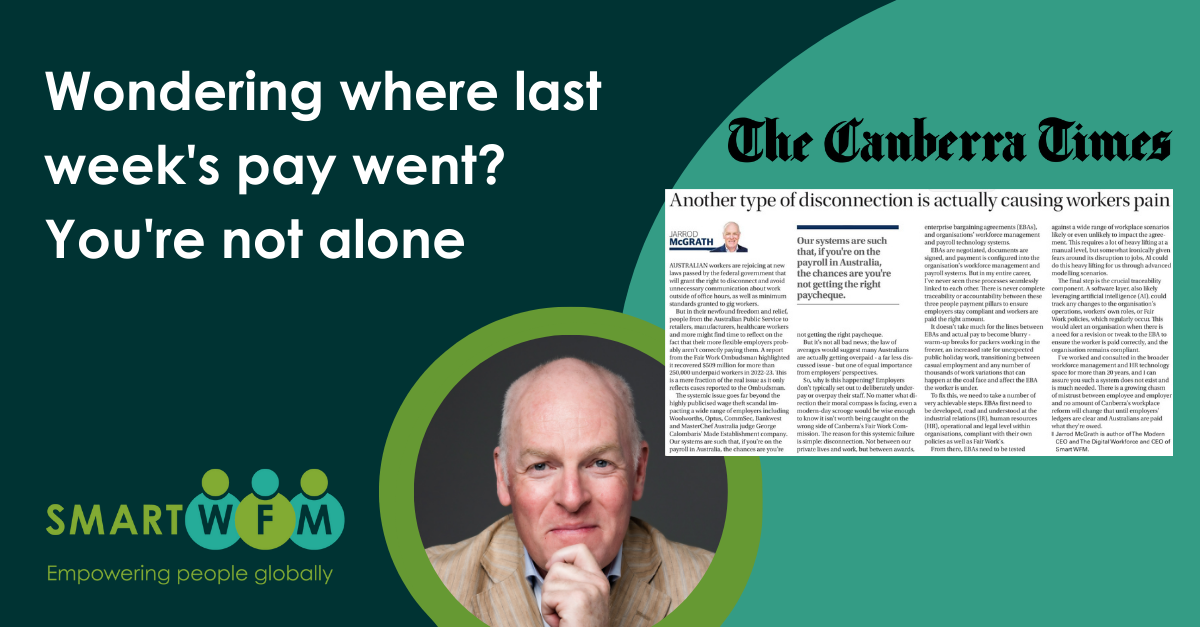Most of the rhetoric around the pandemic’s impact on how we work has centred on industries and roles that are more suited to working from home anyway. Many even see it as an accelerated progression of what was bound to come amid demand for increasingly flexible working arrangements.
But industries and personnel more confined to bricks and mortar, such as healthcare and government, are heading for just as much, if not more, change and disruption. These industries have traditionally been slower to adapt in normal times, and so they’re in for a sharper readjustment.
Healthcare industry’s long overdue awakening
Healthcare in particular has been too slow to migrate in normal times, leaving it ill-equipped to deal with the digital side of the pandemic and the long-term changes it will bring. A report from the University of Sydney last year found there are too many barriers to the adoption of “potentially life-saving innovation” in the sector.
Much more recent research shows that nearly three in five Australians believe working remotely will become the norm, even when the pandemic has passed. While not all healthcare work can be completed remotely, some can – and the forced rise of telehealth has proven perhaps more than we thought.
That aside, while full effective treatment by clinical staff cannot be done remotely, staff are not going to continue to let a lack of innovation continue to fester in the industry while other industries cram years of innovation into a short space of time.
Healthcare professionals are battling to save lives every day, and with frontline healthcare workers also falling ill to due to COVID, making adequate staffing decisions to save lives is becoming more difficult.
We need to be able to see what frontline workers are available, what skills they have, when they worked their last shift and, most importantly now, where they worked their last shift from a contact-tracing perspective. With this information available, an organisation can make life and death decisions to quickly staff the healthcare ward or facility to deal with COVID outbreaks. This data could even be applied to instantly identify who is available to reskill or re-enter the workforce to assist with crises.
Longer term, we need to build a national database of all healthcare workers with this information stored so that governments can work with healthcare providers to make industry-wide staffing decisions based on the data available to quickly deal with the likes of pandemics, reskill, upskill and improve overall quality of care with transparency and visibility to healthcare professionals, their patients/clients, their families and the general population.
The issues raised in the Aged Care Royal Commission and with COVID outbreaks in aged care facilities should scream out the pertinent need for this resource.
Time to ditch the paper and the fax machine (for starters)
There’s a long road ahead, but the industry can start with fixing some of the processes which have long been defunct and getting rid of paper processes and, yes, even the fax machine in some cases.
I’ve worked with some of Australia’s largest healthcare and aged care companies on the workforce management systems they use. When I first engage with them, most still use paper timesheets that are difficult and time consuming. Staff are burdened with repetitive processes across multiple systems that reduce the amount of time they can spend with clients; the crucial ‘nursing hours per patient per day’ measurement providers aim for suffers as a result. This contributes to or causes many of the problems patients/clients and staff are now facing at this crucial time.
These issues show a failure to align people, processes and technology. Many healthcare organisations have deployed the latest and greatest tech, but far fewer have put the time in to educate and migrate staff to new systems, shut down old systems in practical terms and in mindsets, and ensure consistency across departments, partner organisations and government.
This failure doesn’t just cause frustration for staff and patients/clients – it is at the centre of underpayment issues faced by providers including Uniting Church. Underpayment often emerges when the enterprise bargaining agreements (EBAs) and awards are signed, but not considered in line with the technology systems needed to enact them.
Even the smallest mistake embedded into software from the beginning can spiral over time and lead to millions of dollars underpaid and/or overpaid to staff, causing issues from the coal face to the shareholder.
Healthcare providers need to begin creating the right digital employee experience – one that lets staff set their availability to work, receive notifications of and confirm shifts, and ensure their value and skills are available to their employers. It will help embed a culture of innovation that will see the industry rise to the workforce challenges the pandemic has brought.
Australia’s healthcare system is the envy of most other countries in the world, but failure to make up ground on technological innovation and workforce demand now could put that at risk. We owe it to our healthcare staff, who have proven just how valuable they are in the most trying of circumstances, and to our citizens and residents to not let that happen.
This article originally appeared in The Australian.
Stay Connected

 Jarrod McGrath
Jarrod McGrath



